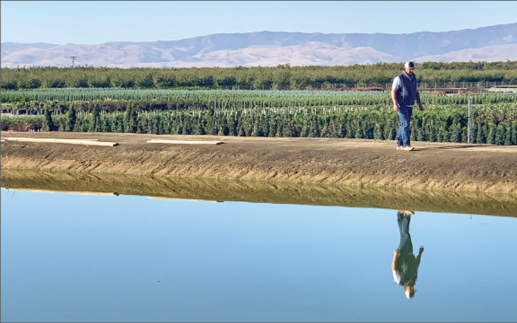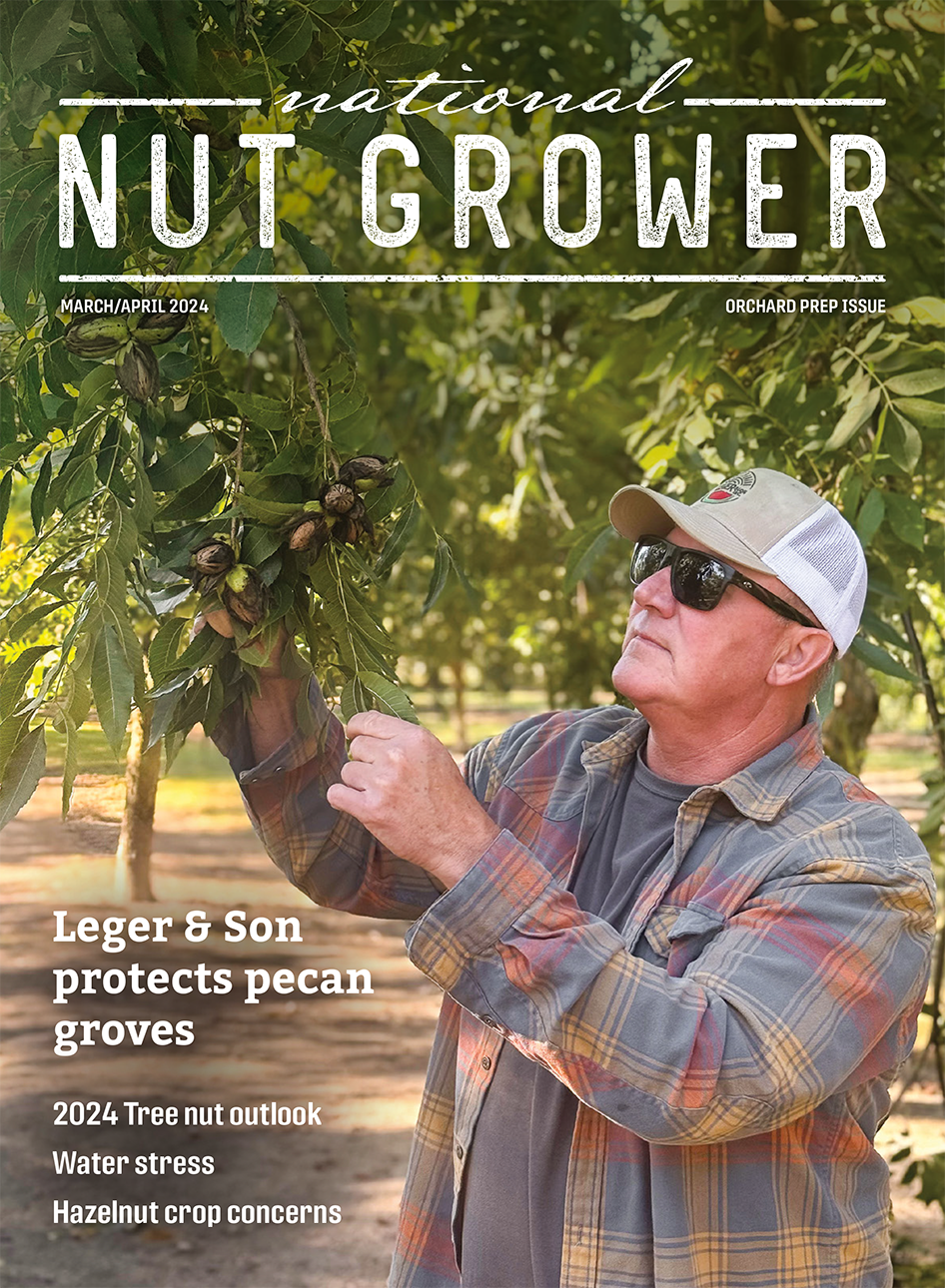
Nov 3, 2021Plan to increase flows from San Joaquin River tributaries gets pushback
California Gov. Gavin Newsom’s administration has informed regional water districts that it will move forward with a plan to increase flows from San Joaquin River tributaries in an action that may create more water uncertainty for farmers.
A notice from the California Natural Resources Agency and state Environmental Protection Agency represents a departure from the state’s earlier willingness to consider voluntary agreements with water districts, which includes aspects other than just flow increases. That departure means that the regulatory regime, adopted by the State Water Resources Control Board in 2018, will now move forward.
This first phase of the state’s Bay-Delta Water Quality Control Plan requires districts along the Stanislaus, Tuolumne and Merced rivers to leave 30% to 50% of “unimpaired flows” in the San Joaquin River tributaries in an effort to help fish.
Districts, farmers and residents of the affected region have protested the plan, saying it would do little to restore salmon and other fish populations while cutting water supplies to the northern San Joaquin Valley.
David Van Klaveren of Hollandia Nursery in Modesto receives water from Modesto Irrigation District (MID) to irrigate 800 different varieties of plants, trees and shrubs that are sold to garden-center retailers in California and other states.
“Restricting water rights is a big deal, so it’s going to affect our farm ground in this area,” said Van Klaveren, who also grows almonds. “It is going to hurt our production (at the nursery) and production of food.”
California EPA Secretary Jared Blumenfeld and state Natural Resources Agency Secretary Wade Crowfoot signed an Oct. 20 letter sent to affected water districts. They included MID, Oakdale Irrigation District, Merced Irrigation District, Turlock Irrigation District (TID), San Francisco Public Utilities District and South San Joaquin Irrigation District.
The letter thanked them for engagement over the past few years to develop voluntary agreements to improve conditions for fish and wildlife in the Sacramento-San Joaquin Delta and its major rivers.
The agreements were intended to form a framework for funding and managing river flows and habitat protection. But now state agencies said that they are moving forward with the 2018 plan adopted by the state water board.
“At this point,” Blumenfeld and Crowfoot said in their letter, “it is clear that despite considerable efforts, proposed voluntary actions by water agencies on the San Joaquin River tributaries have fallen short of needed flow and habitat improvements, and viable proposals are not being offered at this time.”
The officials said they would ask the state water board “to resume all activities necessary to implement the flow objectives established by the 2018 Bay-Delta Plan for the Lower San Joaquin River and its three major tributaries.”
Modesto and Turlock irrigation districts, which jointly operate Don Pedro Reservoir on the Tuolumne River, protested that state officials were abandoning negotiations.
“After more than two years and countless hours of active participation in voluntary agreement negotiations with the state, MID and TID are extremely disappointed that the Newsom administration has walked away from the table,” said Melissa Williams, Modesto Irrigation District public affairs manager. “It’s apparent that the state wants even more water, but hasn’t expressed or justified the amount needed.”
Williams added, “Their framework unfairly shifts responsibility for delta protection to the senior water rights holders on the Tuolumne River and is unlikely to achieve the desired fishery and water quality outcomes, either locally or in the delta.”
MID and TID are among a number of water districts, municipalities and others that have active litigation over the unimpaired flows criteria. A coalition of environmental and fishing groups has also sued, claiming the board should have directed even larger flows toward fish.
California Farm Bureau filed its own lawsuit against the unimpaired-flows plan in February 2019, charging the water board failed to follow the California Environmental Quality Act and underestimated the harm the plan would cause to agricultural resources in the Central Valley.
Chris Scheuring, California Farm Bureau senior counsel, called the agencies’ decision to cease negotiations “unfortunate.”
“As a legal or policy matter, this is a huge water quality overlay in terms of basin planning under the water quality laws that is going to have a systemic conflict with the structure of water rights,” he said. “It would have been good to find collaborative solutions that include fish-friendly practices that maybe don’t impact flows quite so directly.”
Scheuring added, “The hard path of litigation is probably not a good path for anybody. Water users are left with no choice but to follow that litigation forward, and that’s unfortunate.”
As the fight over water continues, Van Klaveren said, “We’re just plowing ahead like we normally do until there are rulings or if somebody comes and chains our gates closed.”
For many years, Van Klaveren said his family has irrigated with a mix of district and groundwater, which is reused and placed in holding ponds.
“We irrigate four days on the wells and three days out of the pond on recaptured water,” Van Klaveren said. “We’re using the best and highest efficiencies that we can because the more efficient you are, the more you’re sustainable, the more (money) you make, and the more you can provide for your family, your neighbor and your community.”
CalEPA and Resources Agency officials noted in the letter to districts that the voluntary agreement from the districts will be submitted to the state water board for a third-party and environmental review, followed by public participation.
Meanwhile, efforts to advance the second phase for of the Bay-Delta plan for the Sacramento River tributaries is ongoing with Sacramento River basin water users and water agencies that contract with the state and federal water projects.
– Christine Souza, California Farm Bureau Federation
Stanislaus County farmer and nursery owner David Van Klaveren of Modesto walks near a holding pond that stores water for irrigation that is reused across the family’s wholesale nursery. He farms with water from Modesto Irrigation District, which is one of several districts that would be impacted by the state’s plan to increase flows by 30% to 50% along the Stanislaus, Tuolumne and Merced rivers. Photo: Christine Souza







